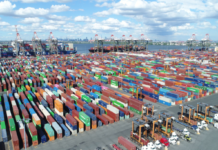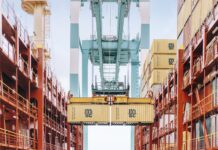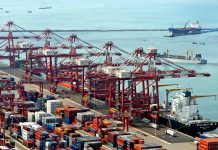
Shipping operations across the Middle East have been significantly influenced by ongoing geopolitical tensions, particularly in the Red Sea, and global economic shifts in recent years.
Geography plays a crucial role in shaping the operational landscape of each major port in the region, contributing to the volatility they face. Ports such as Jebel Ali in the UAE have thrived due to their distance from conflict zones and robust infrastructure, while Jeddah Islamic Port in Saudi Arabia has encountered challenges stemming from Red Sea instability. Meanwhile, Oman’s Salalah has emerged as a flexible alternative, capitalizing on its efficiency and strategic positioning.
This content is locked
Select a CN Premium Subscription Package To Unlock The Content!





